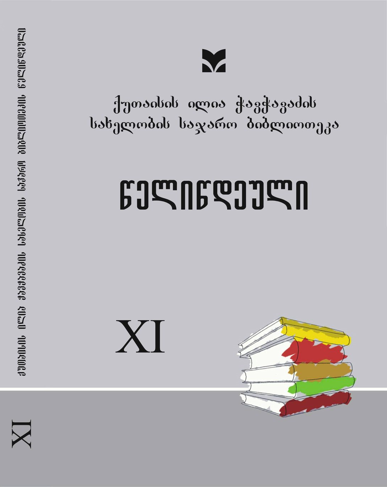The need for corporate social responsibility For the occupied territories of Shida Kartli
DOI:
https://doi.org/10.48614/yk.11.2019.219-230Keywords:
Human Rights, Shida Kartli Ores, Lopani Gorge Marble, Samachablo, Occupied Territories, Aspects of Sustainable Developement, Non-Minerals, Corporate Social ResponsibilityAbstract
The article discusses the ongoing „modernization“ process in the occupied territories of Shida Kartli in terms of corporate responsibility, negative impact on the environment, and human rights violations. Most of the population left behind the dividing lines are struggling to survive, leaving behind their natural resources, the use of which has added more dignity to their lives. The author suggests that information about Shida Kartli’s natural resources and minerals is available only to a narrow circle of specialists and that the newly fenced (bordered) areas for most of the community include only orchards and untapped forests.
In this regard, the article provides an overview of historical sources about the Ossetian settlement and useful resources in the historic Samachablo. Information on the minerals discovered in the mentioned areas at different times - starting from the time of Tsarist Russia and the period of the establishment of the South Ossetian region - on the findings of geological-mineralogical expeditions.
The article uses the description of Shida Kartli deposits during the trip of the German scientist-traveler Güldenstedt to Georgia, as well as the works of the famous Russian geologist and ethnographer A. Florenski, Mineralogist and Geologist G. Barsanov 1929-1930. Conclusions of the results of a mineralogical-geological expedition on the territory of the South Ossetian Autonomous Region, which describes the marble deposits of the Lopani Gorge.
The Sustainable Development Goals, developed by 193 countries and set for the end of 2030, include: „Protection, restoration and sustainable use of the Earth’s ecosystems, sound forest management, deforestation prevention, eradication and restoration, biodiversity conservation“.
The presence of minerals in the occupied territories makes it possible to restore industrial production there. Their efforts will contribute to the introduction of corporate programs for the community/population living on both sides of the border, raising their awareness, the importance of sustainable use of natural resources, and the acquisition and development of professional skills.
The author hopes that the involvement of donors and funds in the strategy developed by the state on the occupied territories, the pursuit of sustainable development goals will help the community/population living on both sides of the border to use natural resources and create decent living conditions through joint activities.




